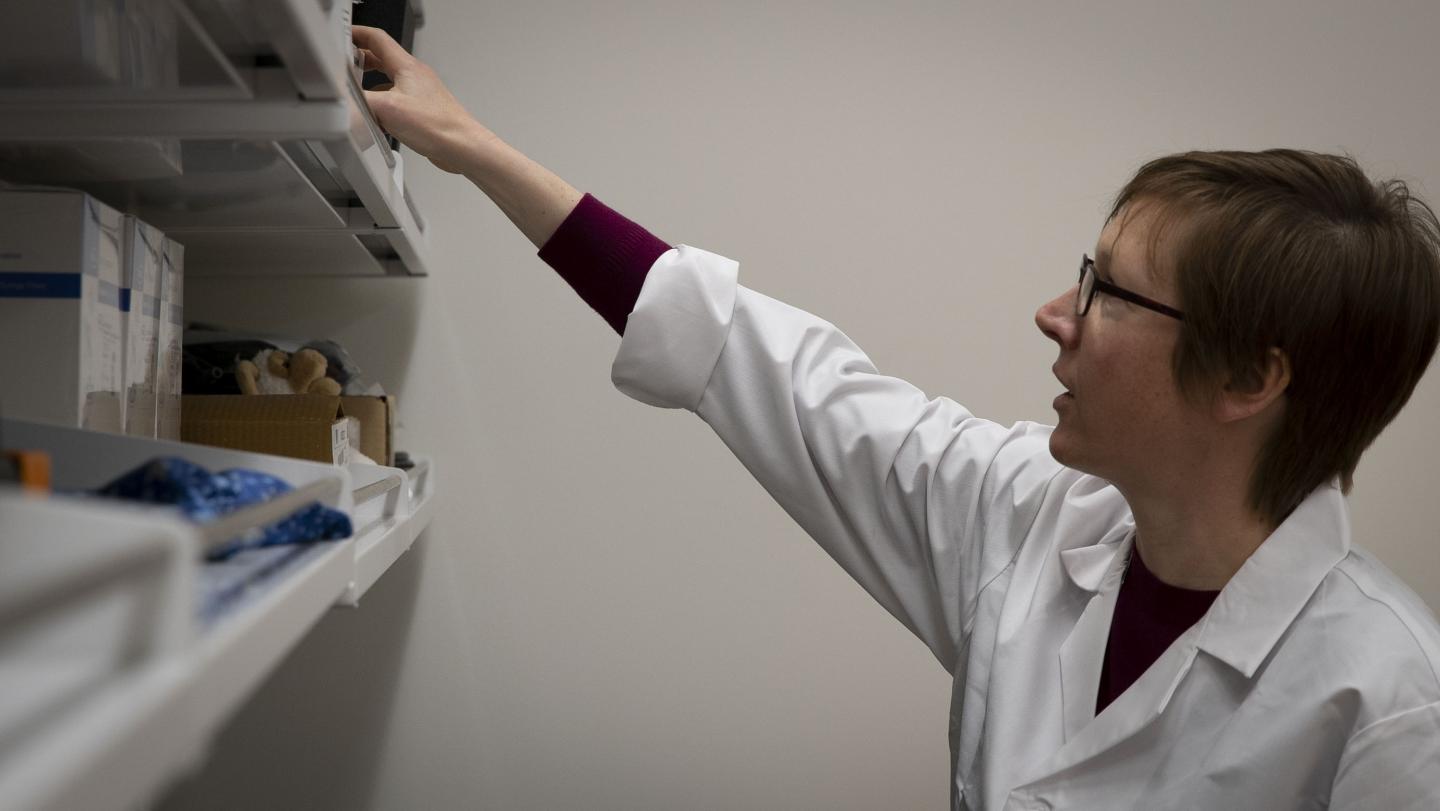NIH-funded research could lead to more effective prevention and therapies

Credit: The University of Texas at Arlington
One University of Texas at Arlington researcher is working to understand the relationship between cardiovascular disease and depression in a National Institutes of Health-funded project. According to the Centers for Disease Control and Prevention, cardiovascular disease is the leading cause of death in the U.S., killing more than 600,000 people each year, and the approximately 16 million Americans affected by depression have a high risk of developing the disease.
“Adults with depression have an accelerated risk of developing cardiovascular disease,” Jody Greaney, an assistant professor of kinesiology at UTA, said. “Not only are they more likely to develop the disease in the future, but it also happens at an earlier age; the risk is excessive and premature compared to an adult who has never had a history of depression.”
Greaney is using a $248,000 NIH award to study the effect depression has on the human brain’s control of blood pressure and how it can cause long-term detrimental changes to a person’s cardiovascular system.
“The hope would be that the findings from these studies could inform the development of innovative therapeutic strategies to minimize the risk of developing cardiovascular disease in adults with depression,” she said.
Greaney completed the first phase of this two-phase grant at Pennsylvania State University as a postdoctoral fellow. Building on a series of studies in rodent models of depression, phase one of the project attempted to translate these findings from pre-clinical rodent models to the human manifestation of the disease. Greaney tested blood vessel function and examined the specific mechanisms that cause them to function poorly in otherwise healthy young adults with depression.
Phase two will investigate these same mechanisms as they relate to blood pressure regulation. Both phases of the project have been supported by the NIH, with a three-year award funding the second phase at UTA.
Greaney joined the faculty at UTA in January 2019 and said the university’s leadership, resources and position in the Dallas-Fort Worth Metroplex played a major role in her decision to bring her research to the urban research university.
“I think the Department of Kinesiology has grown tremendously and in a very impressive way with leadership setting forth a vision for growing the research profile of this department,” Greaney said. “I was able to see immediately how I could fit into that framework.”
Greaney also praises the newly constructed Science & Engineering Innovation & Research, or SEIR, Building as encapsulating a high-caliber, modern clinical research environment.
“Jody’s innovative research explores new territory in understanding the physiological dysfunction that appears to accompany this critical condition [depression] affecting our population at alarming rates,” David Keller, associate dean of the College of Nursing and Health Innovations and chair of the Department of Kinesiology. “Her work will contribute greatly to expanding UT Arlington’s research portfolio and directly supports our mission to enhance health and the human condition.”
Greaney aims to begin collecting phase-two data in the coming months. Currently, she is networking with other researchers in the area interested in the topic, which she said presents “limitless” opportunities for collaboration.
###
Media Contact
Dana Jennings
[email protected]
Original Source
https:/




